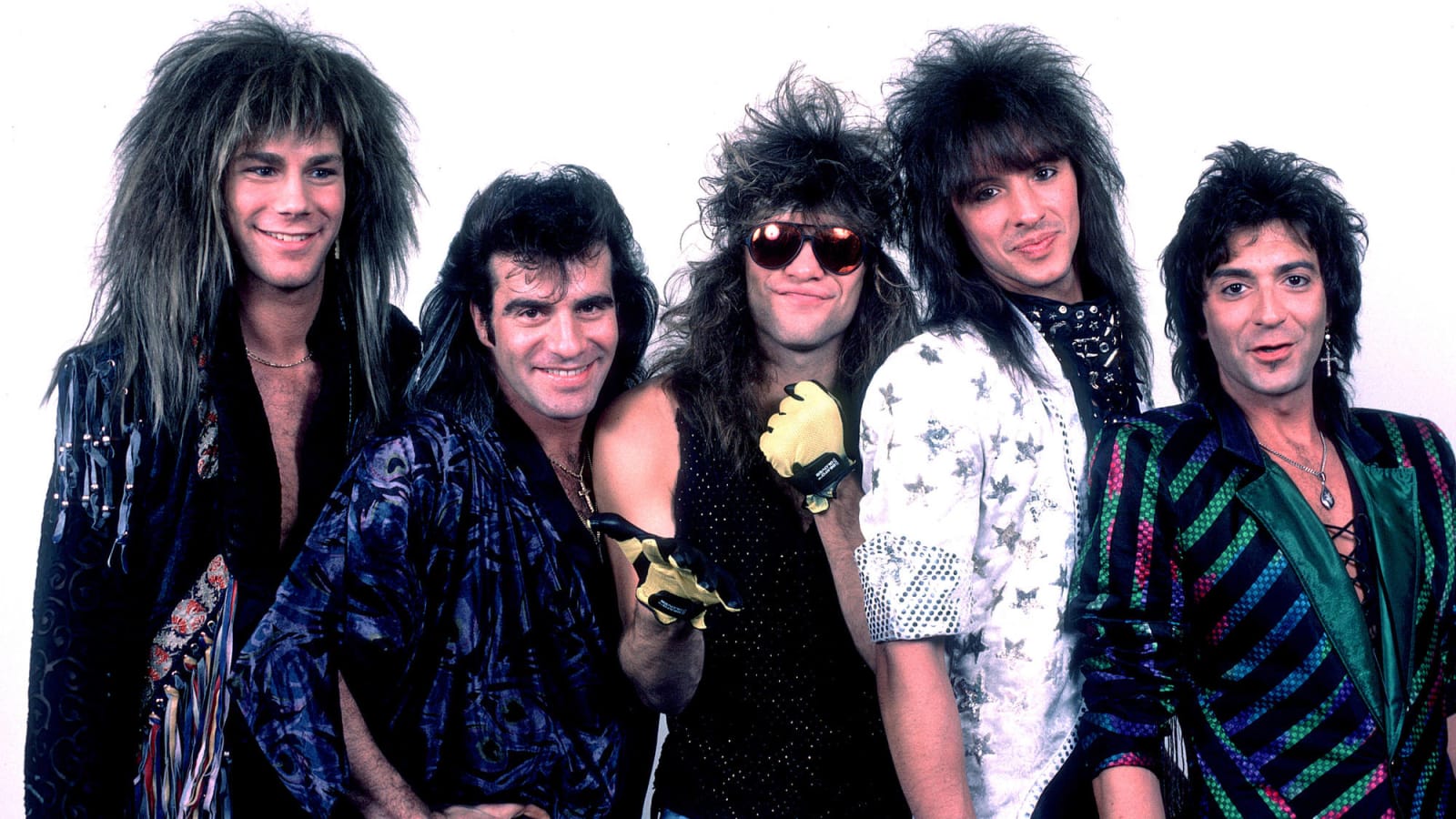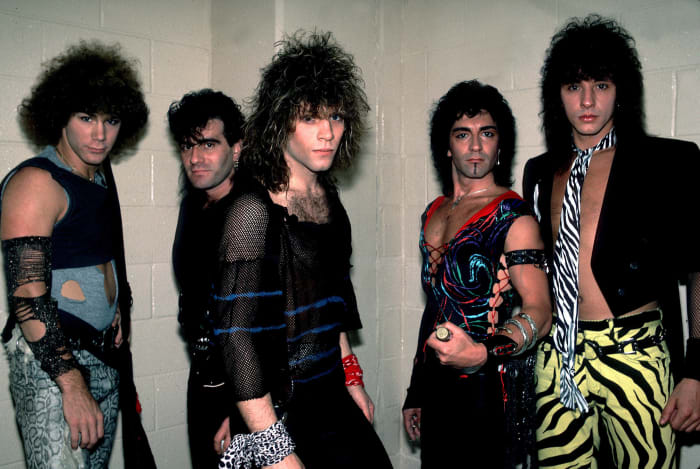- Home
- Quizzes
- My Quiz Activity
- Newsletters
- Sports Betting
- MY FAVORITES
- Add Sports/Teams
- SPORTS
-
NFL
- NFL Home
- Arizona Cardinals
- Atlanta Falcons
- Baltimore Ravens
- Buffalo Bills
- Carolina Panthers
- Chicago Bears
- Cincinnati Bengals
- Cleveland Browns
- Dallas Cowboys
- Denver Broncos
- Detroit Lions
- Green Bay Packers
- Houston Texans
- Indianapolis Colts
- Jacksonville Jaguars
- Kansas City Chiefs
- Las Vegas Raiders
- Los Angeles Chargers
- Los Angeles Rams
- Miami Dolphins
- Minnesota Vikings
- New England Patriots
- New Orleans Saints
- New York Jets
- New York Giants
- Philadelphia Eagles
- Pittsburgh Steelers
- San Francisco 49ers
- Seattle Seahawks
- Tampa Bay Buccaneers
- Tennessee Titans
- Washington Commanders
-
MLB
- MLB Home
- Arizona Diamondbacks
- Atlanta Braves
- Baltimore Orioles
- Boston Red Sox
- Chicago White Sox
- Chicago Cubs
- Cincinnati Reds
- Cleveland Guardians
- Colorado Rockies
- Detroit Tigers
- Houston Astros
- Kansas City Royals
- Los Angeles Angels
- Los Angeles Dodgers
- Miami Marlins
- Milwaukee Brewers
- Minnesota Twins
- New York Yankees
- New York Mets
- Oakland Athletics
- Philadelphia Phillies
- Pittsburgh Pirates
- San Diego Padres
- San Francisco Giants
- Seattle Mariners
- St. Louis Cardinals
- Tampa Bay Rays
- Texas Rangers
- Toronto Blue Jays
- Washington Nationals
-
NBA
- NBA Home
- Atlanta Hawks
- Boston Celtics
- Brooklyn Nets
- Charlotte Hornets
- Chicago Bulls
- Cleveland Cavaliers
- Dallas Mavericks
- Denver Nuggets
- Detroit Pistons
- Golden State Warriors
- Houston Rockets
- Indiana Pacers
- Los Angeles Clippers
- Los Angeles Lakers
- Memphis Grizzlies
- Miami Heat
- Milwaukee Bucks
- Minnesota Timberwolves
- New Orleans Pelicans
- New York Knicks
- Oklahoma City Thunder
- Orlando Magic
- Philadelphia 76ers
- Phoenix Suns
- Portland Trail Blazers
- Sacramento Kings
- San Antonio Spurs
- Toronto Raptors
- Utah Jazz
- Washington Wizards
-
NHL
- NHL Home
- Anaheim Ducks
- Arizona Coyotes
- Boston Bruins
- Buffalo Sabres
- Calgary Flames
- Carolina Hurricanes
- Chicago Blackhawks
- Colorado Avalanche
- Columbus Blue Jackets
- Dallas Stars
- Detroit Red Wings
- Edmonton Oilers
- Florida Panthers
- Los Angeles Kings
- Minnesota Wild
- Montreal Canadiens
- Nashville Predators
- New Jersey Devils
- New York Islanders
- New York Rangers
- Ottawa Senators
- Philadelphia Flyers
- Pittsburgh Penguins
- San Jose Sharks
- Seattle Kraken
- St. Louis Blues
- Tampa Bay Lightning
- Toronto Maple Leafs
- Vancouver Canucks
- Vegas Golden Knights
- Washington Capitals
- Winnipeg Jets
- NCAAF
- NCAAM
- Boxing
- Entertainment
- Lifestyle
- Golf
- MMA
- Soccer
- Tennis
- Wrestling
- More Sports
- RESOURCES
- My Account
- YB on Facebook
- YB on Twitter
- YB on Flipboard
- Contact Us
- Privacy Policy
- Terms of Service

2018 Rock and Roll Hall of Fame ultimate playlist
2018 offers an eclectic class for the Rock and Roll Hall of Fame — from groundbreaking gospel guitarist Sister Rosetta Tharpe and iconoclastic protest singer Nina Simone to the prog-rock pioneers the Moody Blues and ’80s icons Bon Jovi, the Cars, and Dire Straits, this year’s inductees represent innovation, inspiration, and record-breaking commercial success. Here’s a playlist with some of those artists’ finest moments.
"Runaway"

Even before he had a band or a record label, Jon Bon Jovi had nailed the formula that would make "Slippery When Wet" and "New Jersey" megamillion sellers just a few years later. “Runaway,” the band’s first single from its 1984 self-titled debut, had been written way back in 1981; it balances a dramatic, Springsteen-style blue-collar narrative, glam-rock hooks, and the melodic muscle of the emerging pop-metal sound.
"You Give Love a Bad Name"

Everything “Runaway” had hinted at two years earlier came to fruition on "Slippery When Wet’s" lead single — it just took a little help from superstar pop songwriter Desmond Child for Bon Jovi’s combination of charisma, arena-sized ambition, and pop instincts to reach its full potential. “You Give Love a Bad Name” is the band’s definitive song: a big guitar riff and huge chorus engineered with state-of-the-art precision for maximum radio impact.
"Wanted Dead or Alive"

Not quite a power ballad, not a conventional hard-rock anthem – the third single from "Slippery When Wet" shows a different side of Bon Jovi, and hints at Jon Bon Jovi’s 1990 solo album "Blaze of Glory" as well as the country direction the band would take in the 2000s. Borrowing from Bob Seger, cowboy ballads, the Eagles, and Ennio Morricone, and full of youthful fatalism, “Wanted Dead or Alive” earned the band a measure of credibility following the blatant pop hits “You Give Love a Bad Name” and “Livin’ on a Prayer.”
"Funkier Than a Mosquito's Tweeter"

Recorded for the 1974 live album "It Is Finished," “Funkier Than a Mosquito’s Tweeter” — originally a deep album cut by Ike and Tina Turner — is vintage Nina Simone. She turns a blues novelty into incisive social commentary without sacrificing wit and emotional depth. And the spare arrangement of rapid-fire percussion and bass elevates this to classic status.
"Mississippi Goddam"

Simone’s most powerful statement, an update of Billie Holiday’s “Strange Fruit,” came right in the middle of the worst of the Civil Rights movement. “Mississippi Goddam” is a sprightly classic jazz-pop vocal song with incendiary lyrics that still burn — a forthright condemnation of the American South’s system of apartheid, and a criticism of the idea of gradual progress over revolutionary change.
"To Be Young, Gifted, and Black"

One of Simone’s most personal songs — it was written in 1965 as a tribute to her recently deceased friend Lorraine Hansberry — became an anthem of black empowerment in the 1970s. The song’s message — that talented young black people are the rule, not the exception — defied conventional wisdom, even in the immediate wake of the Civil Rights movement; it’s still a depressingly revolutionary sentiment almost 50 years later.
"Good Times Roll"

The Cars introduced themselves with one of the most downbeat party anthems ever recorded — “Good Times Roll,” the first track on the band’s first album, establishes Ric Ocasek and company as sharp-eyed observers, pioneers of geek chic, and harbingers of the slick New Wave-inspired guitar sound that would dominate ’80s rock.
"Shake It Up"

The Cars’ first big hit is one of their best — straightforward New Wave pop-rock, designed for dancing, positioning the band as serious white-funk rivals of the Talking Heads. Bubblegum punk at its peak.
"Drive"

The Cars’ hit ballad about a disintegrating relationship is one of the songs that defines our collective memory of 1980s pop — a near-perfect amalgam of New Wave, classic rock, and the synth soundtracks of Giorgio Moroder and John Carpenter.
"Sultans of Swing"

Mark Knopfler and his band arrived fully formed with their first single, a twangy, jazzy showcase of tasteful guitar virtuosity and deadpan lyrics. “Sultans of Swing” established Dire Straits as the British counterpart of Steely Dan — literate, cynical, allusive, and loaded with instrumental chops.
"Money for Nothing"

After nearly a decade of modest success built around subtle songwriting and understated character sketches, Dire Straits broke into the MTV era with this fuzzed-out riff-rock classic. It’s fittingly ironic that the band’s iconic video — a groundbreaking piece of computer animation — is a wry commentary on image, celebrity, and materialism.
"Walk of Life"

Dire Straits’ last hit is as big a departure from Mark Knopfler’s standard M.O. as “Money for Nothing” — a rousing honky-tonk heartland anthem that owes more to “Glory Days,” John Mellencamp, and the J. Geils Band than previous Straits reference points Steely Dan and Tom Waits.
"Strange Things Happening Every Day"

Sister Rosetta Tharpe’s first big secular hit, from 1944, was a rendition of a traditional gospel song. Tharpe more than holds her own on guitar with Decca’s house band — the opening lick and ripping solo she delivers have led some critics to call this the first rock ’n’ roll record.
"Rock Me"

Even today, Sister Rosetta Tharpe’s early singles from the late 1930s, blending gospel with blues and jazz, sound like nothing else — she’s comfortable and confident in the studio, and her razor-sharp guitar is matched by her big voice. Something strikingly modern cuts through the antiquated sound on “Rock Me,” a high-velocity track that inspired Little Richard and Jerry Lee Lewis.
"Down by the Riverside"

Recorded live at the peak of Tharpe’s career, in 1948, this recording updates a 19th century spiritual for the swing era. Tharpe’s the star — it’s a commanding vocal performance, and there’s a brief but of guitar shredding — but hearing her in a nightclub, supported by a full jazz orchestra and backup singers, opens up new dimensions for listeners only familiar with her studio records.
"Nights in White Satin"

Here, alongside Pink Floyd’s earliest albums, are the beginnings of English prog rock. “Nights in White Satin,” from the 1967 album "Days of Future Passed," incorporates lush orchestration (courtesy of the then-novel Mellotron), a choral arrangement, and ponderously earnest romantic lyrics. (The album version even includes a poetry recitation.) The Moody Blues made prog rock’s unique combination of innovation and nostalgia apparent from the very start.
"Your Wildest Dreams"

The Moody Blues managed a precarious balancing act with their first MTV hit, an explicitly nostalgic song — both lyrically and in its Beatles-esque harmonies and jangling guitars — while at the same time updating their ’60s sound with synthesizers and a drum machine for a new generation of listeners.
"Question"

By the time they released their sixth album, in 1970, the Moody Blues had refined their string-drenched art-rock for maximum effect. “Question,” the leadoff track on "A Question of Balance," clocks in at just under six minutes, but it’s crammed full of the band’s signature tricks — orchestral arrangements, pastoral acoustic guitar, and soulful serenading vocals. This time, though, it all builds to a sharp, satisfying rock 'n' roll conclusion.
More must-reads:
Trending in Entertainment
Customize Your Newsletter
 +
+
Get the latest news and rumors, customized to your favorite sports and teams. Emailed daily. Always free!
Use of this website (including any and all parts and
components) constitutes your acceptance of these
Terms of Service and Privacy Policy.

